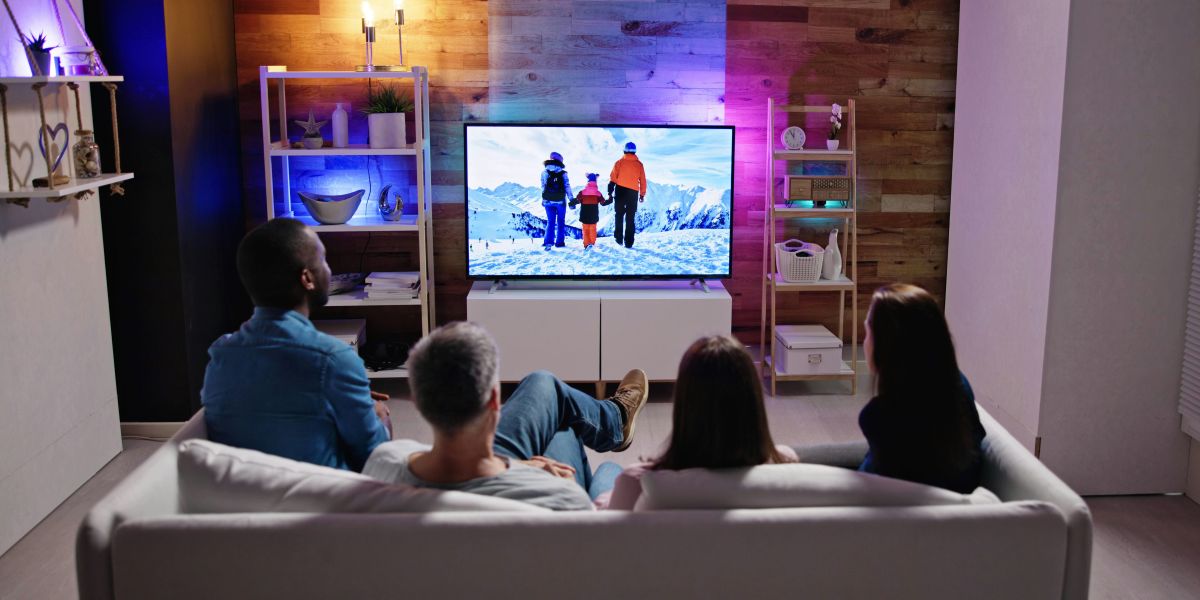In the realm of senior care, the integration of technology has brought about transformative changes, offering new ways to enhance the quality of life for the elderly and streamline the workload for caregivers. As we delve deeper into the 21st century, technology continues to evolve, addressing the unique challenges faced in senior care. This article explores how different technological tools are being leveraged to improve communication, health monitoring, and overall management of senior care.
Enhancing Communication and Accessibility
One of the most significant challenges in senior care is maintaining clear and consistent communication among seniors, their families, and caregivers. Technology has stepped in to bridge this gap with innovative solutions. Senior-friendly smartphones and tablets with simplified interfaces allow the elderly to connect with their loved ones through video calls and instant messaging. Apps specifically designed for senior communication can help in keeping families informed about their loved one’s health status and daily activities, which is especially important for those who live far away.
Senior Helpers in Clearwater, Florida, for instance, utilizes these technological tools to ensure that communication lines between caregivers and families are always open. This approach not only reassures family members about the quality of care their loved ones are receiving but also allows seniors to feel more connected and less isolated.
Monitoring Health Remotely
Remote health monitoring systems represent a leap forward in managing the health of the elderly. These systems include wearable devices that track vital signs such as heart rate, blood pressure, and sleep patterns. The data collected can be sent directly to healthcare providers in real-time, allowing for prompt response to any alarming changes in the senior’s health.
Furthermore, medication management technology can remind seniors to take their medications and alert caregivers if a dose is missed. Automated pill dispensers ensure that the correct amount of medication is taken at the right time, reducing the risk of overdose or missed medication, which are common issues among the elderly.
Smart Home Technologies
The advent of smart home technology has also made a significant impact on senior care. Automated systems can control lighting, temperature, and even lock doors, creating a safer living environment for seniors. Motion sensors can detect unusual movements (or lack thereof), alerting caregivers to potential falls or other emergencies.
Additionally, voice-activated technology like smart speakers allows seniors to operate devices in their home, set reminders, or call for help without needing to physically interact with a device. This kind of independence can boost the morale of seniors and increase their comfort in performing daily activities.
Virtual Reality and Cognitive Health
Virtual reality (VR) technology is not just for the younger generation; it holds promising benefits for the elderly as well. VR programs designed to stimulate cognitive functions can be an effective tool against cognitive decline, offering immersive experiences that can help improve memory, attention, and reasoning skills. Moreover, VR can provide virtual travel experiences, art therapy, and much more, which can significantly enhance the quality of life for seniors by providing mental stimulation and reducing feelings of isolation.
The Role of AI and Machine Learning
Artificial intelligence (AI) and machine learning are now being employed to predict and prevent potential health issues before they become critical. AI systems analyze vast amounts of data from various sources to identify patterns that may indicate a risk of conditions such as falls or acute medical events. This predictive approach enables caregivers to implement preventative measures proactively.
Senior Helpers in Clearwater utilizes AI-driven analytics to tailor care plans that meet the specific needs of each senior, ensuring that each aspect of their health and well-being is monitored and managed effectively.
Training and Support for Caregivers
While technology offers numerous benefits, the importance of training cannot be overlooked. Caregivers need to be proficient in using these technologies to ensure they are implemented effectively. Comprehensive training programs that include how to use health monitoring devices, emergency response systems, and daily use of smart home technologies are essential.
Final Thoughts
As technology continues to advance, its integration into senior care provides valuable tools that address many of the challenges associated with aging. From improving communication to enhancing safety and health monitoring, technological innovations are reshaping the landscape of senior care. In places like Clearwater, Florida, organizations like Senior Helpers are at the forefront of adopting these technologies, ensuring that seniors not only receive comprehensive care but also enjoy a greater sense of independence and quality of life. By embracing these tools, senior care providers can offer better support to the elderly and their families, making a significant difference in their daily lives and overall well-being.
Published by: Martin De Juan








